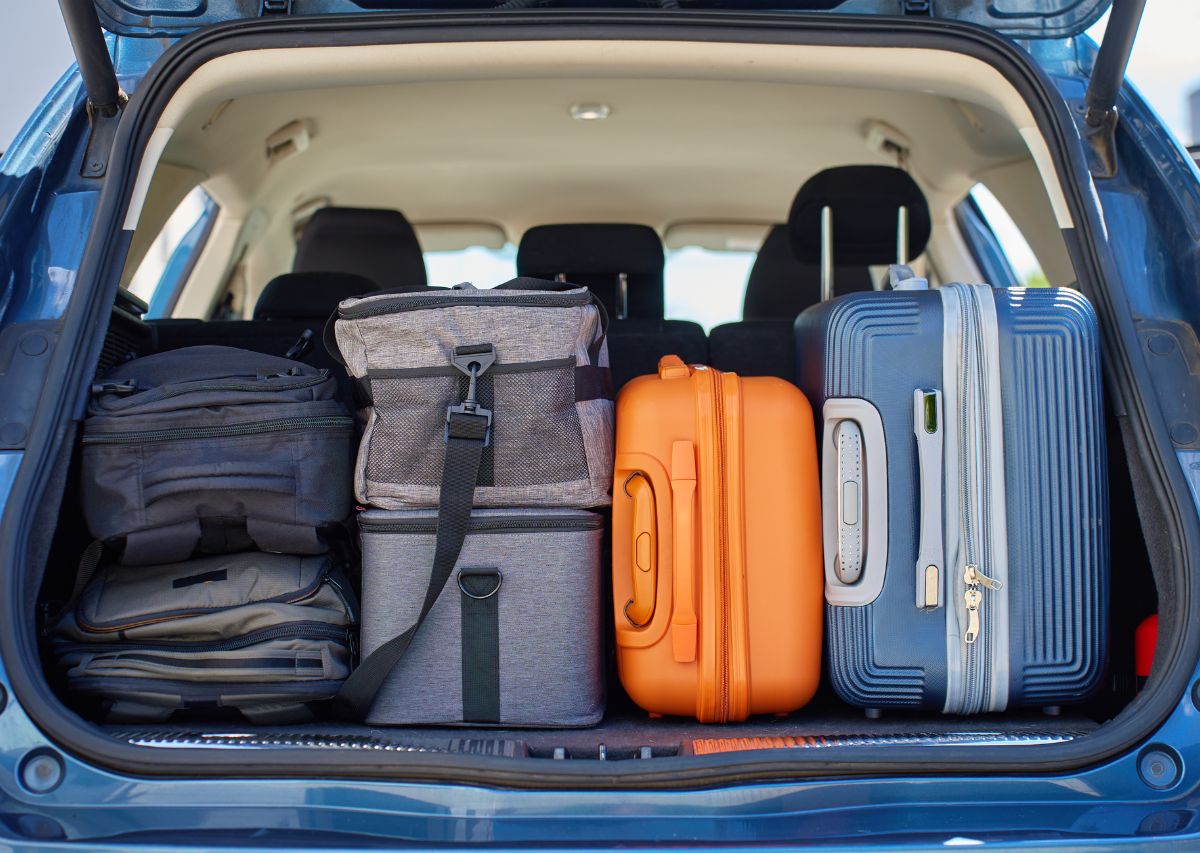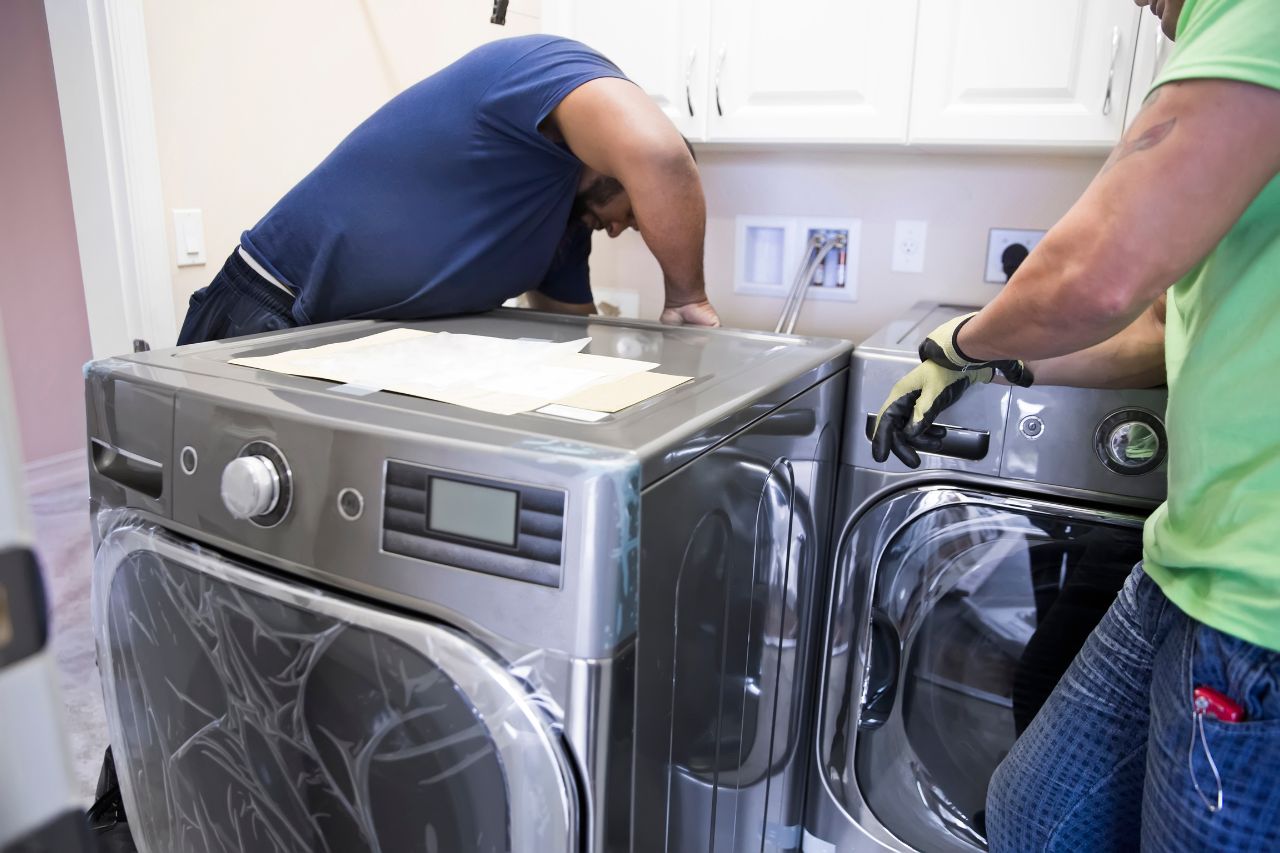How Much to Tip Movers (And When, Why, and How to Do It Right)
.jpg)
When it comes to moving day, one question that often confuses people is: how much to tip movers? From long-distance relocations to short local moves, knowing the right way to tip your moving crew can feel like walking a tightrope between generosity and uncertainty.
In this guide, we’ll cover everything you need to know about tipping movers—how much, when, and why—so you feel confident and prepared when the time comes.
Are You Supposed to Tip Movers?
The short answer is yes—tipping movers is customary, but not required. Movers are in the service industry, and just like waiters, hairstylists, or delivery drivers, they often rely on tips to supplement their wages.
Movers go through hours (or even days) of physically demanding labor, and a tip is a direct way to recognize their professionalism, punctuality, and care with your belongings.
Is It Customary to Tip Movers?
Yes, tipping movers is a widely accepted industry norm across the United States. While it's not mandatory, it’s considered a gesture of appreciation, especially if your move is complex, time-consuming, or handled with exceptional care.
You should strongly consider tipping if:
- The movers arrive on time and communicate professionally
- They handle fragile or heavy items without damage
- They work efficiently and respectfully throughout the day
- They go above and beyond—like helping you assemble furniture or moving things twice
How Much to Tip Movers (Short Distance vs. Long Distance)
So, what to tip movers? It depends on the distance of the move, the number of crew members, and the overall experience.
For Short-Distance or Local Moves:
If you’re hiring local movers, the standard tip is:
- $20 to $40 per mover for a half-day move (4 hours or less)
- $40 to $60 per mover for a full-day move (6–8 hours)
- Tip more if stairs, elevators, or long walks were involved
This applies to most short-distance or local moves, like those handled by our trusted team at Montford Movers – Moving Companies in Bluffton, SC.
For Long-Distance Moves:
Tipping is a bit more nuanced when it comes to long-distance movers, especially if you have different crews for loading and unloading.
A good rule of thumb:
- $50 to $100 per mover per day, depending on service quality
- Tip both the loading and unloading teams separately if they’re different
- If it’s a multi-day cross-country move, consider tipping daily
Keep in mind: moving long distances involves logistics, endurance, and special care. If your team meets or exceeds expectations, they’ve earned it.
Is It Typical to Tip Movers as a Flat Amount or a Percentage?
There’s no single “correct” method, but here are two common tipping approaches:
1. Flat Rate Per Mover (Most Common)
This is the simplest and fairest option. For example:
- $20–$60 per mover for short/local jobs
- $50–$100+ per mover for long-distance or multi-day moves
2. Percentage of Total Cost
Some people prefer to tip 5–10% of the total moving cost, especially for large moves. Example:
- $1,000 move → tip $50–$100
- $3,000 move → tip $150–$300
This works best if your moving company doesn’t have separate charges for labor vs. truck use.
How to Tip Movers the Right Way
Here are a few etiquette tips for tipping your moving crew:
- Tip in Cash if Possible: It’s the most appreciated form and ensures the crew receives it directly.
- Tip Each Mover Individually: This avoids any confusion and ensures fairness.
- Don’t Add the Tip to the Bill (Unless Discussed): Many moving companies don’t distribute tips added to credit card payments.
- Offer Cold Drinks & Snacks: Not a tip, but always a thoughtful bonus on a hot or long moving day.
When You Might Not Need to Tip (Or Should Tip Less)
While movers usually work hard and deserve recognition, there are some cases where a tip may not be warranted:
- The crew is late and doesn’t communicate
- Items are damaged due to negligence
- Movers are unprofessional or careless
- They take excessive breaks or stretch out the time
That said, if your experience was average, not exceptional, a lower-end tip is still a kind way to acknowledge their effort.
Do You Tip Before or After the Move?
Always tip after the move is complete. This allows you to evaluate their performance and ensures accountability.
If it’s a long-distance move with multiple crews, tip each crew after their portion of the job is complete (i.e., the loading crew on moving day, and the unloading crew at delivery).
How Tipping Varies by Region or Company
Some moving companies (especially national chains) may include gratuity in the final bill or have strict policies around tipping. Always check your contract or ask in advance.
However, for local companies like moving companies in Bluffton SC, tipping is typically left up to the customer’s discretion.
Do You Tip Movers If the Owner Is On the Crew?
Great question! If the business owner is working alongside their team, a tip is still appreciated but not always expected. In this case, tipping the other movers and offering a verbal “thank you” to the owner can go a long way.
Moving on a Budget? Alternatives to Cash Tips
If you’re stretched for cash, there are still ways to show your appreciation:
- Provide lunch or drinks
- Leave a positive online review
- Refer them to friends or neighbors
- Help promote their business on social media
Small gestures still matter, especially for local moving crews working hard to build their reputation.
Final Thoughts: Should You Tip Movers?
Is it typical to tip movers? Yes. Is it required? No. But if your movers do a great job—especially under tough conditions—it’s a simple way to say “thank you” and show respect for their hard work.
Whether you're working with long-distance movers, local short-distance crews, or trusted moving companies in Bluffton, SC, tipping is a kind and appreciated gesture that helps hardworking teams feel valued.
%20(1).avif)
.avif)

.png)
%20(1).avif)









